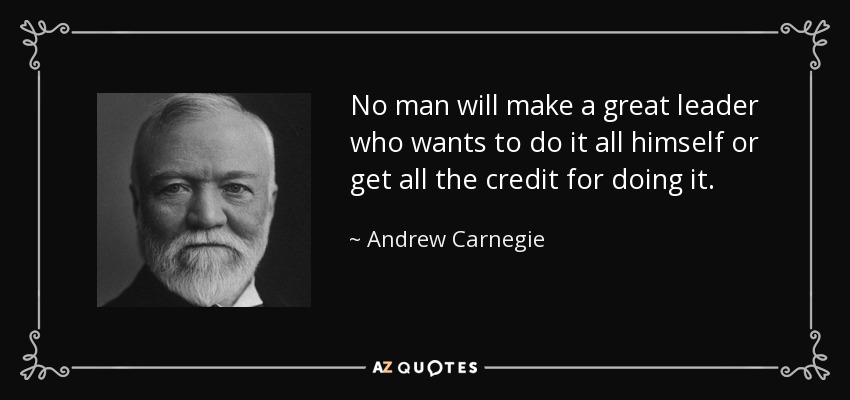Click here to return to Blog Post Intro
Nathan Feared No One
Imagine what might have happened had Nathan lacked security. Consider the odds stacked against him in 2 Samuel 12:1-14. He knew he had to confront David in his sin, yet David had covered everything up so well, no one else knew what happened. That meant Nathan could expect no moral support. Further, the popular David had led Israel to prominence among the nations, and most Israelites would side with David if he put up a fight. Finally, from a technical viewpoint, David hadn’t done anything illegal to Uriah. He had set up the man to be killed in battle by the Ammonites, but it wasn’t his spear or sword that took Uriah’s life. Nathan had to feel utterly secure in his plan of attack, or it would backfire.
What enabled Nathan to demonstrate secure leadership?
- Nathan had God’s truth behind him. He didn’t have to stand alone against David.
- Nathan had a relationship with David. Their friendship created a bridge that allowed Nathan to do what God called him to do.
- Nathan’s identity depended on his divine call, not his popularity. Nathan determined to speak God’s truth regardless of the popular reaction.
- Nathan understood his personal mission. He operated out of deep conviction.
- Nathan was humble and broken. He had nothing to lose, for he had died to personal ambition.
Herod Felt the Threat of Competition
The tremendous insecurity of King Herod became apparent when strangers announced Jesus’ birth (from Matthew 2:1-18). Upon hearing the news, Herod grew angry, impatient, self-consumed, and disturbed—all signs of an insecure leader.

Common Symptoms of Insecurity
The following symptoms usually indicate feelings of insecurity:
- Comparison—We compare ourselves with others and keep score.
- Compensation—We feel like a victim and must compensate for our losses.
- Competition—We become self-consumed and try to outdo others for attention.
- Compulsion—We feel driven to perform in order to gain others’ approval.
- Condemnation—We judge others or ourselves, resulting in self-pity or conceit.
- Control—We feel like we must take charge, protect our interests, and manipulate.
Insecure leaders negatively impact their team’s performance when they:
- Don’t provide security for others.
- Take more than they give.
- Continually limit their best people.
- Continually limit or sabotage their team’s success.
- Spend more energy trying to keep their job than to do their job.
Four Keys to Security
Out of This World Leaders are healthy emotionally and spiritually, as they understand the four fundamental human needs:
- Sense of Worth: Leadership must flow out of “being,” not merely doing. Establish your identity in Christ, not in performance. Strong character sustains strong conduct.
- Sense of Belonging: We should never place our emotional health in the hands of another. Instead, allow God to break you of self-sufficiency and self-promotion. While insecure leaders cause their organizations to plateau, security provides the infrastructure to support you in adversity.
- Sense of Purpose: Discover and practice your God-given purpose in life, not someone else’s. Insecure leaders never empower and develop secure followers.
- Sense of Competence: Give and receive blessing with others. Learn to affirm others and receive affirmation. Inward strength provides the only hope of finishing well.
We become healthy leaders only when we don’t expect others to meet the needs that only God can meet…
Out of This World Leader, only a Strong Foundation will help you shoot for the stars!

